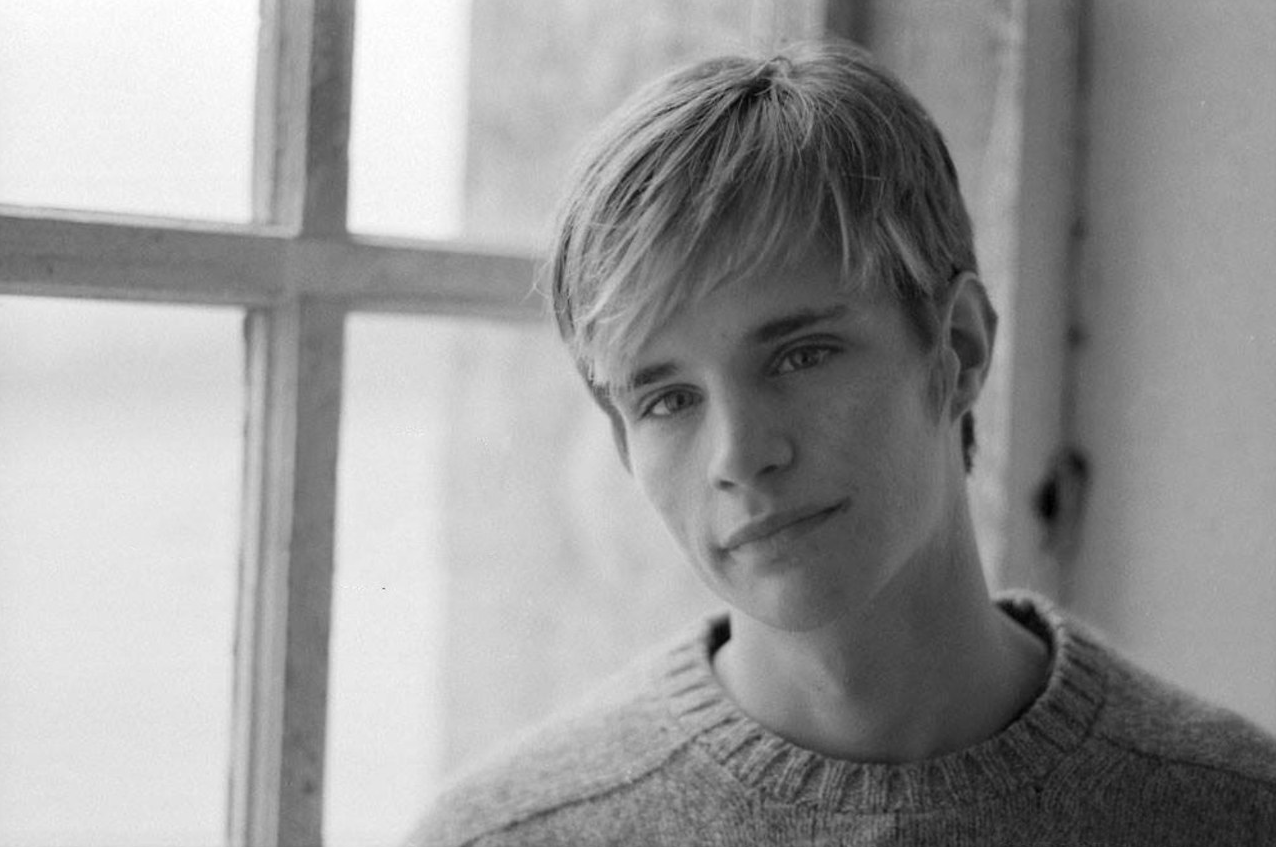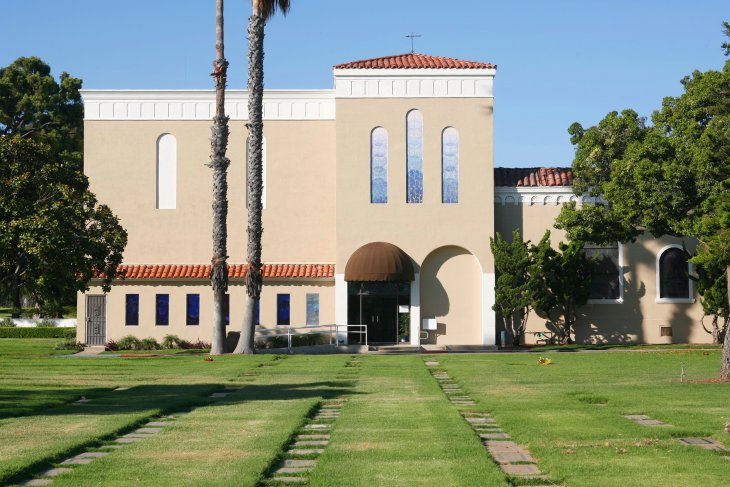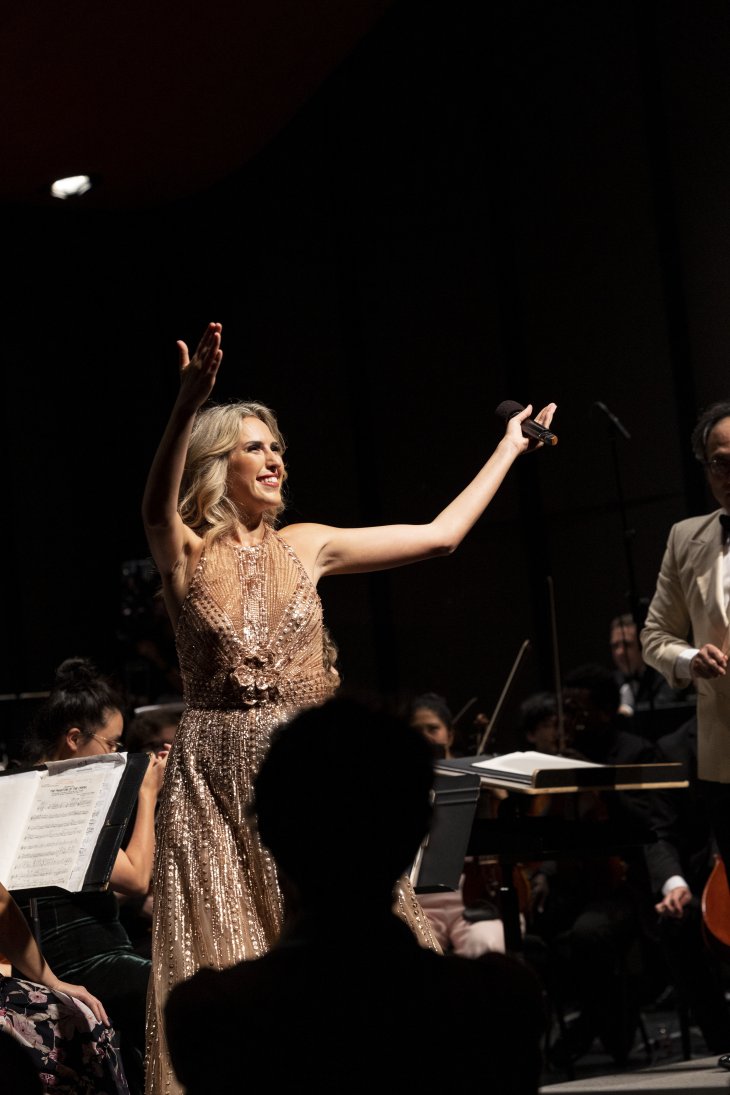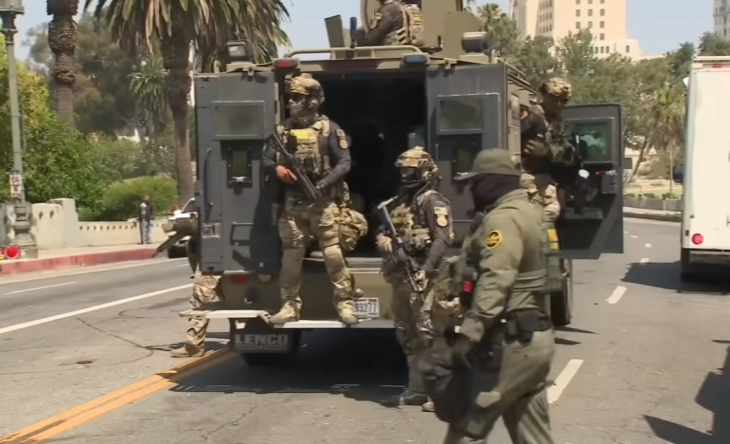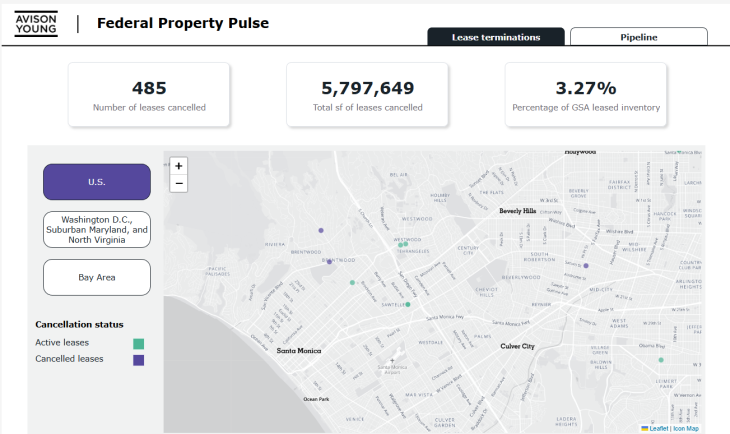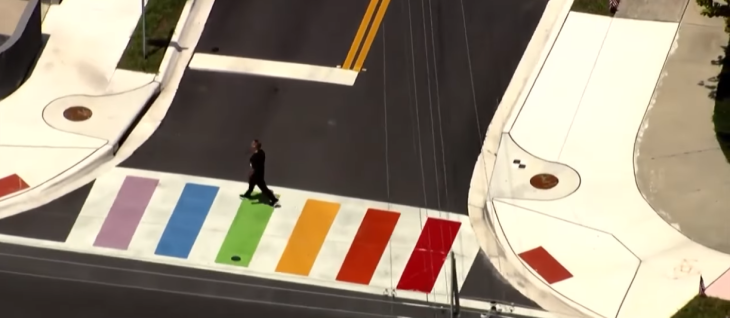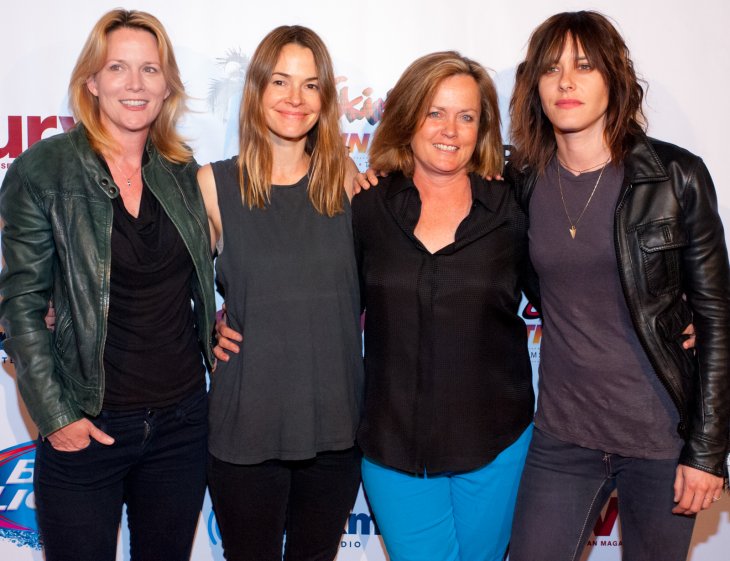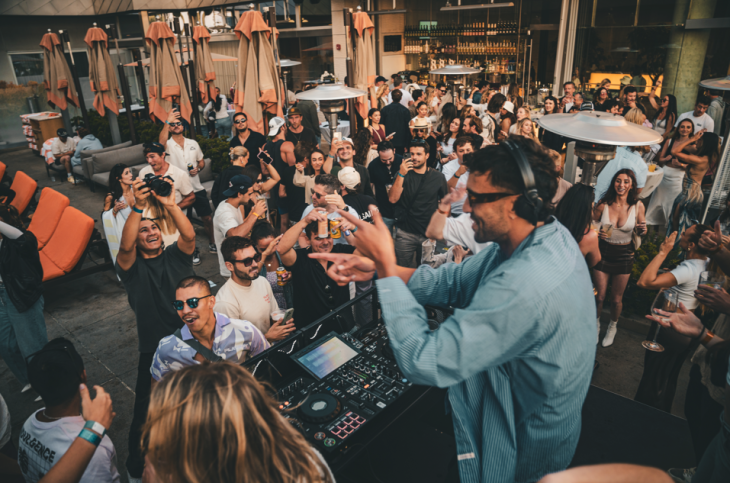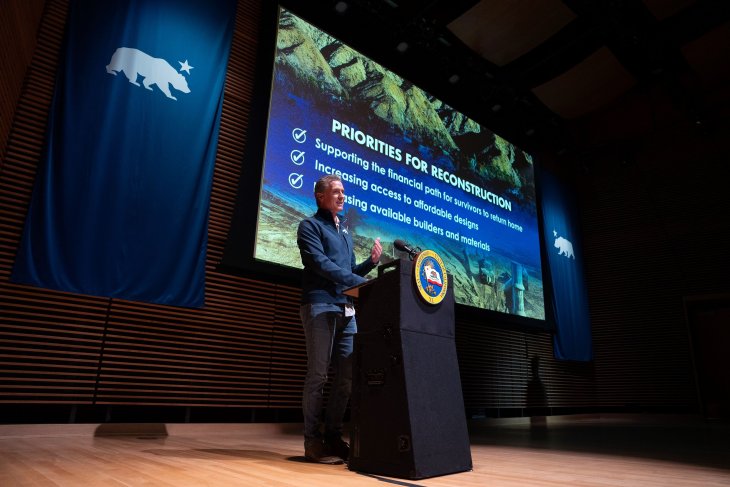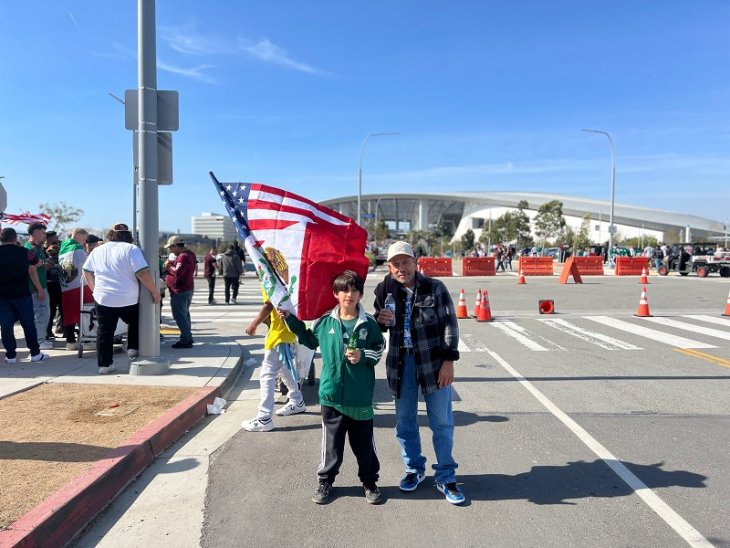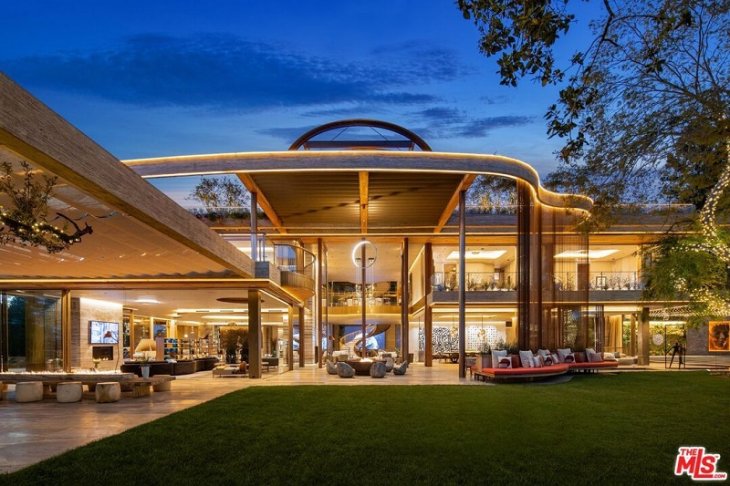The hate crime that got the world talking about tragic queer lives and deaths turns 20 this year.
The late ‘90s were not quite as tragic a moment for queer people as we might think. With the AIDS crisis starting to take a smaller death toll as the decade drew to a close, LGBTQ+ artists and musicians like Ani DiFranco and Tracy Chapman piping enlightened, feminist love songs into the mainstream, and Oscar-worthy films and TV shows with gay themes seeing in the new millennium (“Wild Things,” “Boys Don’t Cry,” “Queer As Folk”) it might have seemed like a new era of liberation and tolerance was heading our way.
And then, all at once, the country was reminded of just how much it was still ignoring.
When 20-year-old college student Matthew Shepard, a student at the University of Wyoming, was brutally beaten, tortured and left to die tied to a fence post by two men, the world stood up and took notice.
“[Shepard’s] murder struck a deep chord in this city,” Steve Martin, a West Hollywood City Councilmember at the time, said in 1999 during a vigil for the slain student. “We wanted to raise concerns about hate crimes. A hundred thousand people come down Santa Monica Boulevard every day.”
The attention, however, wasn’t all sympathetic. While the gay community was shook by Shepard’s death, the Westboro Baptist Church used it as a springing-off point to further its hateful agenda. Protests by angry churchgoers proclaiming “God Hates Fags” prevented Shepard’s parents and mourners from celebrating his life in peace. Shepard’s mother and father have been so hounded by hatred that they’ve been too terrified to bury his body for decades, fearful of desecration and hateful graffiti at the gravesite.

This year, on the 20th anniversary of Shepard’s death, Matthew’s body will finally be laid to rest at the Washington National Cathedral on October 26. To commemorate the event, queer centers all over the country are hosting vigils and memorial services. In L.A. this past July, a new concert piece, “Considering Matthew Shepard,” was performed by composer Craig Hella Johnson. There’s no question that Shepard still looms large in the cultural memory. Some years before his death, in 1992, trans young adult Brandon Teena was killed and raped in Humboldt, Nebraska.
In the 20 years since Shepard, we’ve been inundated with tales of brutal harassment and slaughter of trans and queer individuals each year. There’s no doubt that hatred and intolerance of LGBTQ+ communities is still a huge issue in this country. This year, with President Trump still in power and sexual predators and bigots like Brett Kavanaugh and Mike Pence holding sway in the White House, it’s difficult to think of how we as a community can turn the memory of Shepard’s brutal murder into something constructive. In a world where “gay panic” can still be considered a defense and in a country where gay conversion therapy is still legal, it’s difficult to look on the bright side. But that, of course, is what we have to do. We lived through a plague, we’re living through Trump, and we’ll live through whatever comes next. If Shepard’s death is a reminder of anything, it should be a reminder of this: Death is tragic, but it’s never the end of a community.
“Matthew Shepard’s death is an enduring tragedy affecting all people,” Dean of Washington National Cathedral Rev. Randolph Marshall Hollerith said in a statement, “and should serve as an ongoing call to the nation to reject anti-LGBTQ bigotry and instead embrace each of our neighbors for who they are.”
The Matthew Shepard Foundation (MSF) will be hosting its annual Bare to Make a Difference Gala in Denver, Colorado. on Saturday, Oct. 20, where Los Angeles-based Olympic figure skater Adam Rippon will be one of four award recipients. The Gala is an “opportunity for community members, civic leaders and corporate partners to come together to support the work of the Matthew Shepard Foundation” as well as for those committed to a “future free from hate,” according to the MSF website. For more information, please click HERE.

